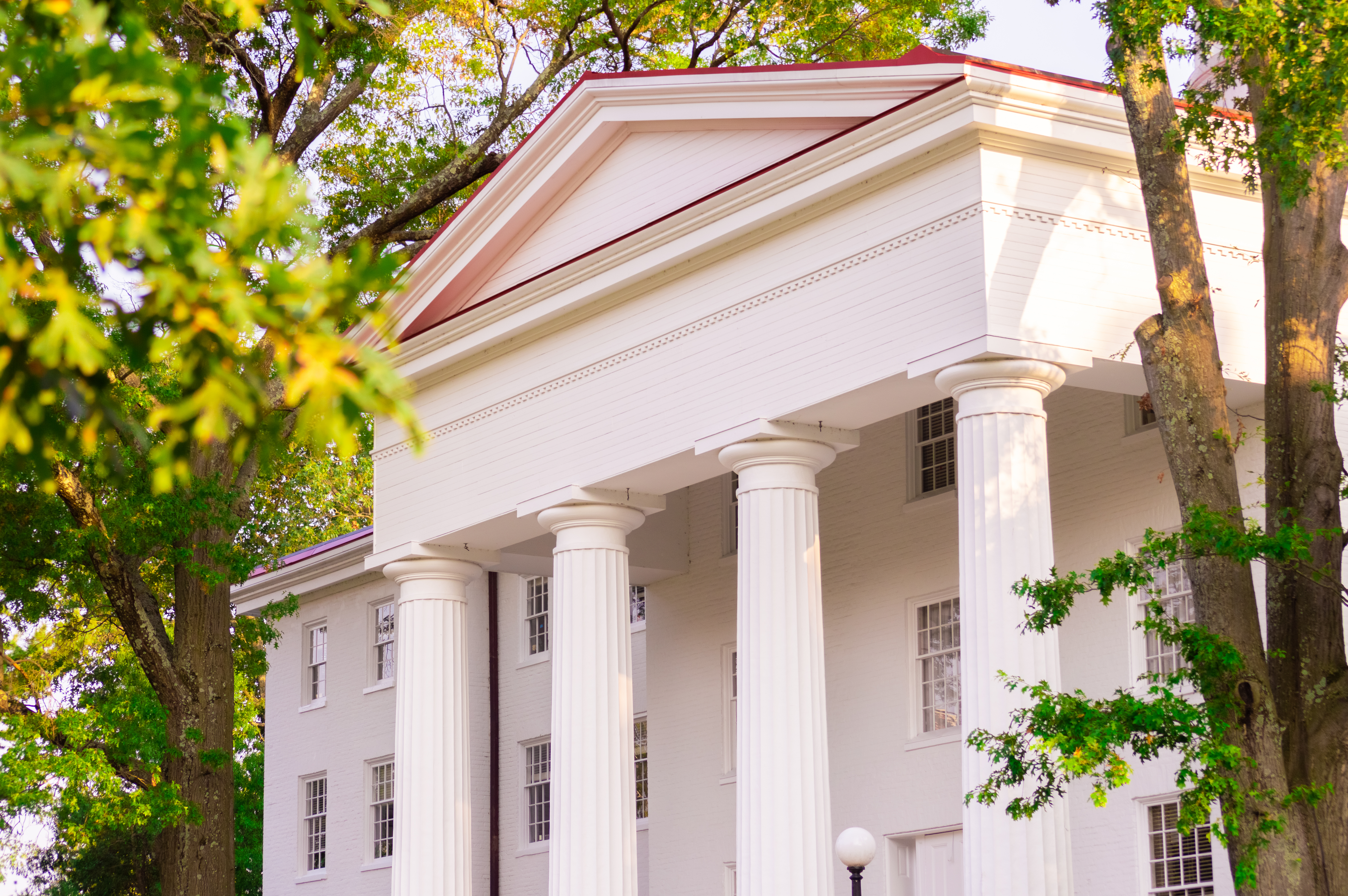By The Gettysburgian Editorial Board
When the pandemic began, the word most often used to describe this period was “unprecedented.” Lockdowns were unprecedented, widespread masking was unprecedented, and the thought of draining our lives of the company of others was also unprecedented. Hardly anyone living had previously survived a public health crisis of this magnitude.
With more than a year and a half behind us, “unprecedented” is no longer how we can describe our current predicament. We know what ensues when cases rise and mask mandates fall. Although vaccines have altered the trajectory of this crisis, Americans continue to die from COVID-19 every day. The pandemic is far from over and the physical cues of our new reality remind us that our altered world treads on.
“When [the pandemic] is over, we’ll be stronger for having gone through it. The difference between there and now is where hard work and sacrifice lie.”
Despite our gloomy prospects, we have started to unburden ourselves of the fear that has characterized the past two years. For better or worse, we have grown comfortable with it. Vaccines help protect us from others and eases some anxiety about the virus. We are fatigued and to some degree desensitized by the strangeness and tragedy that the pandemic has handed us. The phrase “the new normal,” as irritating and clichéd as it may be, remains true. The world we knew in 2019 doesn’t exist anymore. We have experienced something deep and vast that has changed all of us. When it’s over, we’ll be stronger for having gone through it. The difference between then and now, however, is where hard work and sacrifice lie.
If this pandemic has taught us anything it’s that we are capable of adapting. Within weeks of its start, terms like “social distancing,” “lockdown,” and “quarantine” jumped into the everyday vocabulary of all Americans. We grew accustomed to seeing our friends and neighbors in masks. We acclimated to better hygiene and while we grew frustrated with online classes and a restrictive spring semester, we learned to roll with the punches. For a time, when pre-pandemic images of large crowds and unmasked encounters reappeared they almost seemed unnatural. This demonstrated our ability to adjust and shattered the notion of a dependable future. We never imagined that an extended spring break would evolve into the emotional muddle that has bogged us down for much of our collegiate careers.
Now, as we attempt to escape the pandemic’s halt, we should use this moment as an opportunity to reevaluate the dependability of the structures that existed before this crisis. There are crucial deficiencies woven into the foundation of the ordinary institutions we once took for granted. At the start of this semester, we reclaimed Gettysburg College from the pandemic’s grasp and are now presented with a chance to build a better campus than the one we left in March of 2020.
“We have a duty to engage in nuanced discussions about the underpinnings of the system we partake in.”
We should begin by having serious conversations about a culture that condones sexual assault, pays workers a measly wage, tunes out the concerns of students, and does far more in words than actions regarding diversity and equity. Our mission statement places “the free and open exchange of ideas and the exploration of their ethical and spiritual dimensions” at the center of this college’s values. If we are to reap the full worth of a Gettysburg College education we have a duty to engage in nuanced discussions about the underpinnings of the systems we partake in. Any less would be a disservice to the health and prosperity of the institution in which we have all trusted with a portion of our lives.
This article originally appeared on page 23 of the September 24, 2021 edition of The Gettysburgian’s magazine.

